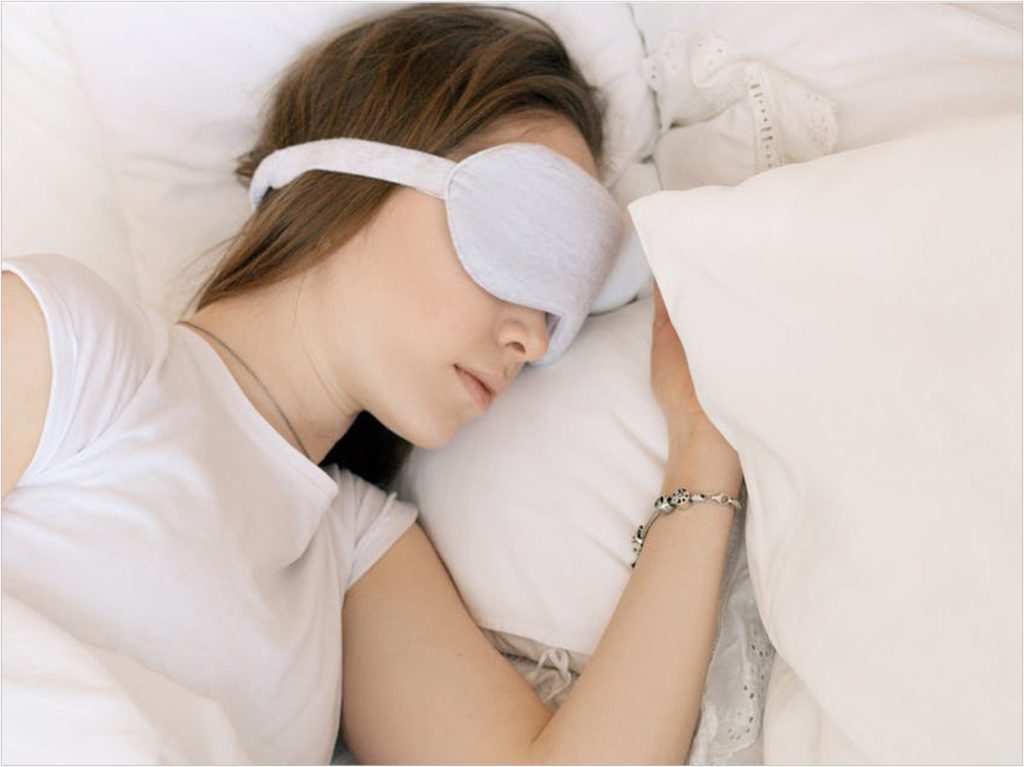
Houston sleep apnea In the bustling metropolis of Houston, where life moves at a fast pace, it’s easy to overlook the importance of a good night’s sleep. However, for those suffering from obstructive sleep apnea, a condition characterized by interruptions in breathing during sleep, the quest for quality rest becomes a daily struggle. Understanding obstructive sleep apnea symptoms is crucial, as it can lead to a better diagnosis and, ultimately, improved sleep quality and overall health.
Obstructive sleep apnea (OSA) is a sleep disorder that affects millions of Americans, and Houston is no exception. OSA occurs when the muscles in the throat relax excessively during sleep, causing a temporary blockage of the upper airway. This blockage can lead to a significant reduction or even a complete cessation of airflow for brief periods. These episodes, known as apneas, can occur multiple times throughout the night, disrupting the natural sleep cycle and depriving the affected individual of restorative rest.
If you suspect you have obstructive sleep apnea based on these symptoms, it’s essential to seek medical evaluation and diagnosis. Fortunately, Houston offers a wide range of healthcare facilities, including sleep centers with experienced specialists in sleep disorders.
In Houston, where life never seems to slow down, it’s crucial to recognize and address obstructive sleep apnea symptoms promptly. This condition not only affects your sleep quality but can also have serious implications for your overall health. By seeking diagnosis and appropriate treatment, you can reclaim restful nights and wake up refreshed, ready to take on the vibrant city of Houston with renewed energy and vitality. Don’t let OSA remain in the shadows; let Houston’s healthcare experts guide you towards a brighter, healthier future.